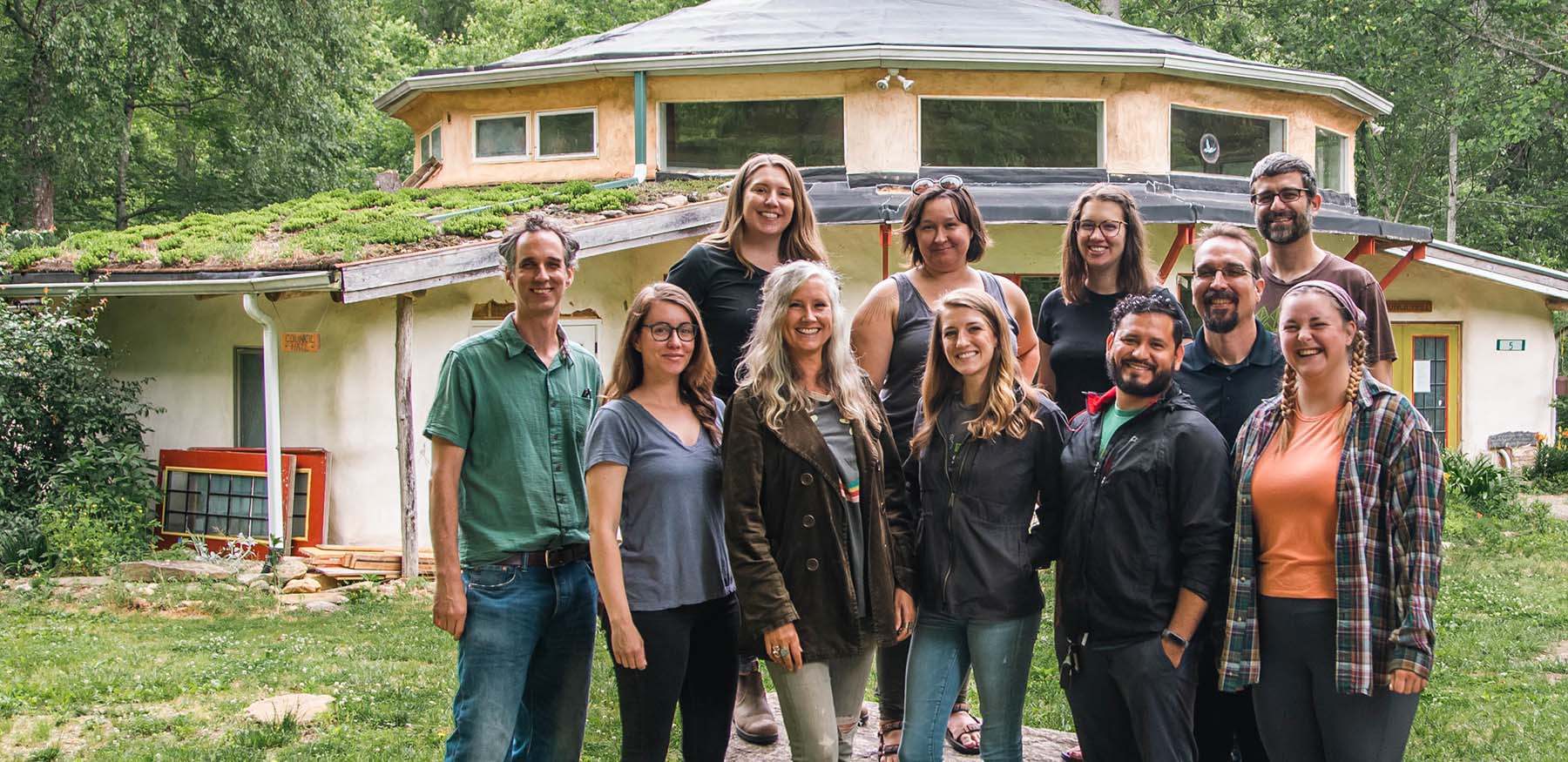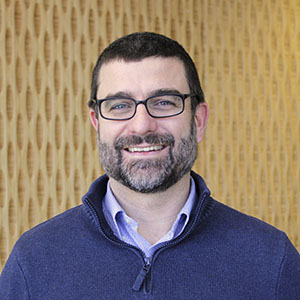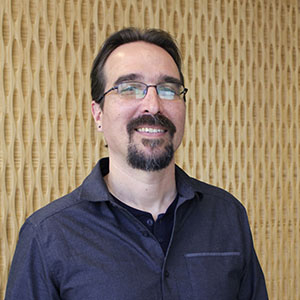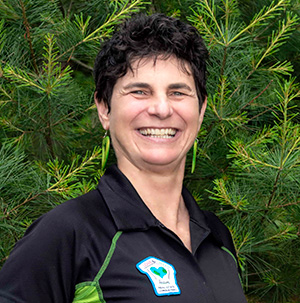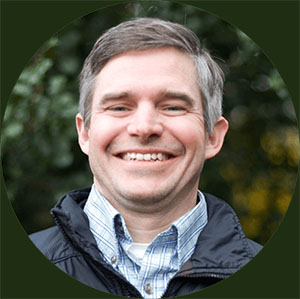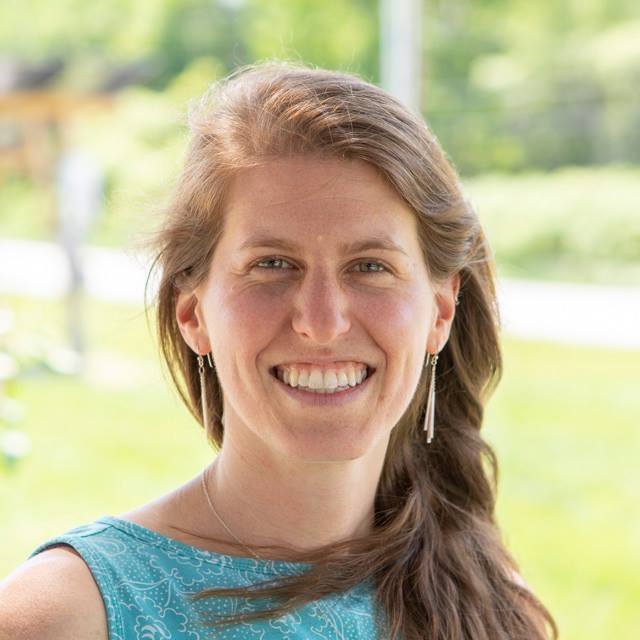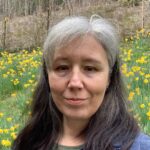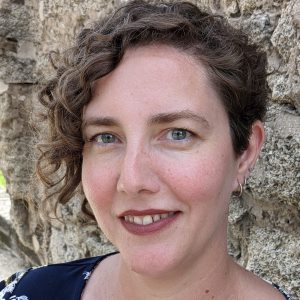About Green Built Alliance
Green Built Alliance founded
Green Built Alliance began as a gathering of five building professionals, bonded by a common desire to educate others on the environmental impacts of design and construction. Since then, we have educated thousands of building professionals and homeowners about building science and weatherization. We offer classes and technical trainings, and work with local governments and utilities to incentivize green building and energy efficiency. In addition, we administer an affordable, local Green Building home certification program called Green Built Homes.
Appalachian Offsets relaunched
We relaunched the Appalachian Offsets program, which gives local people and businesses an option to offset their carbon footprints by supporting local clean-energy projects. Appalachian Offsets’ largest success so far is the installation of a 300 KW solar system at Isaac Dickson Elementary School in spring 2021.
Blue Horizons Project launched
We launched Blue Horizons Project alongside our work on the Energy Innovation Task Force. The program’s goal is to support Buncombe County’s efforts to transition to 100% renewable energy by 2040, through improving access to and engagement in the region’s clean energy programs and resources.
Energy Savers Network started
We assumed management of Energy Savers Network, which offers energy-efficiency upgrades to low-income homes. After previously serving as the program’s fiscal sponsor, we are now the exclusive implementer of Energy Savers Network in Western North Carolina, and have weatherized over 900 homes across the region.
Green Built Homes expands to include Regenerative and Net Zero certifications
We rolled out Green Built Homes Version 3.0 with a new version of the checklist that places more emphasis on regenerative elements, including the addition of a Net Zero Water Ready Certification and a pilot Regenerative Certification. Also in 2021, Green Built Alliance marked the milestone of 2,000 projects certified through the Green Built Homes system and introduced the Regenerative Professional Accreditation credential that acknowledges a deep, evolving competency in advanced green-building best practices.
Engage with us!
Please write or call us with your questions or comments about Green Built Alliance. We recommend that you use our form below so that we can direct you to the right person who can answer your questions based on the nature of your inquiry.
CONTACT
Mailing Address
Green Built Alliance
PO Box 2594
Asheville, NC 28802
Office Address
1 Haywood St, 4th Floor, Office 463
Asheville, NC 28801
(Please call ahead to make sure we are available.)
Privacy Policy | Terms of Service
Contact Us
"*" indicates required fields
The work of Green Built Alliance in the community is led by our passionate and engaged staff and Board of Directors.
